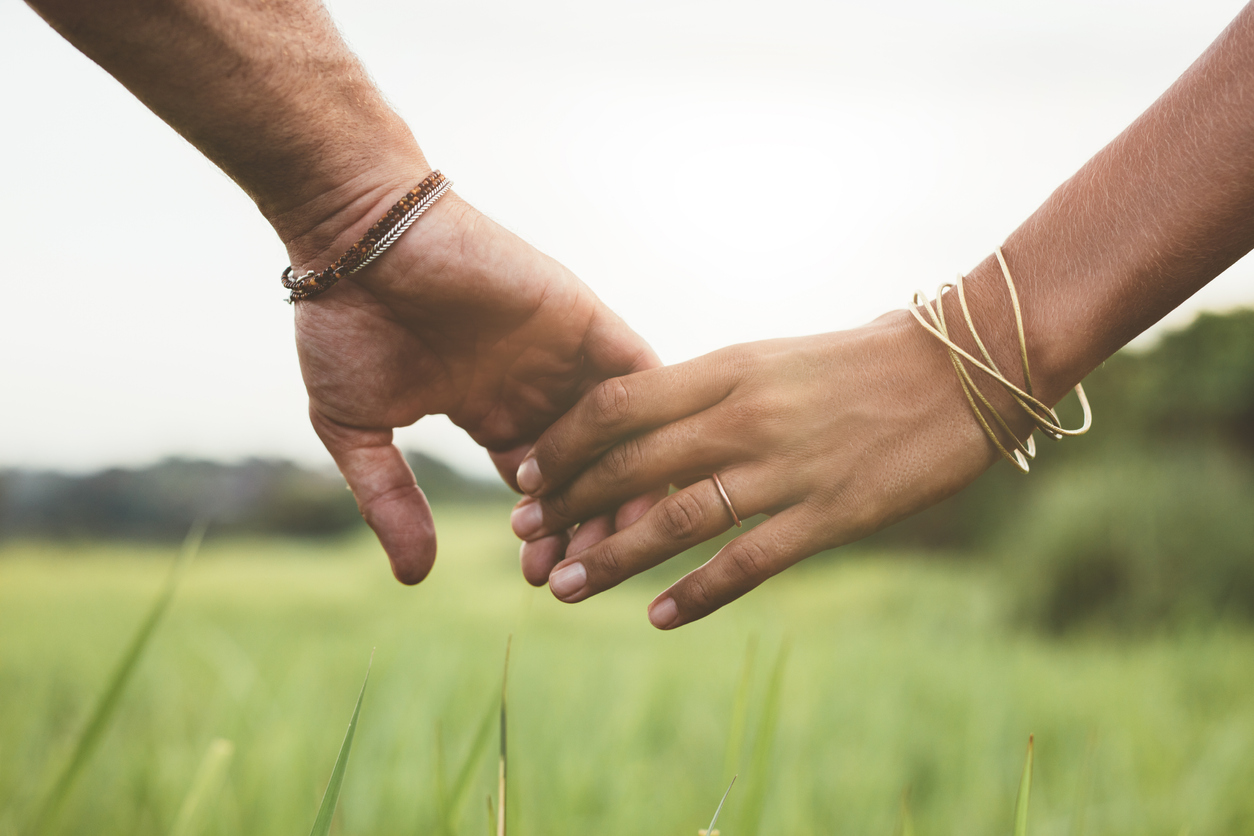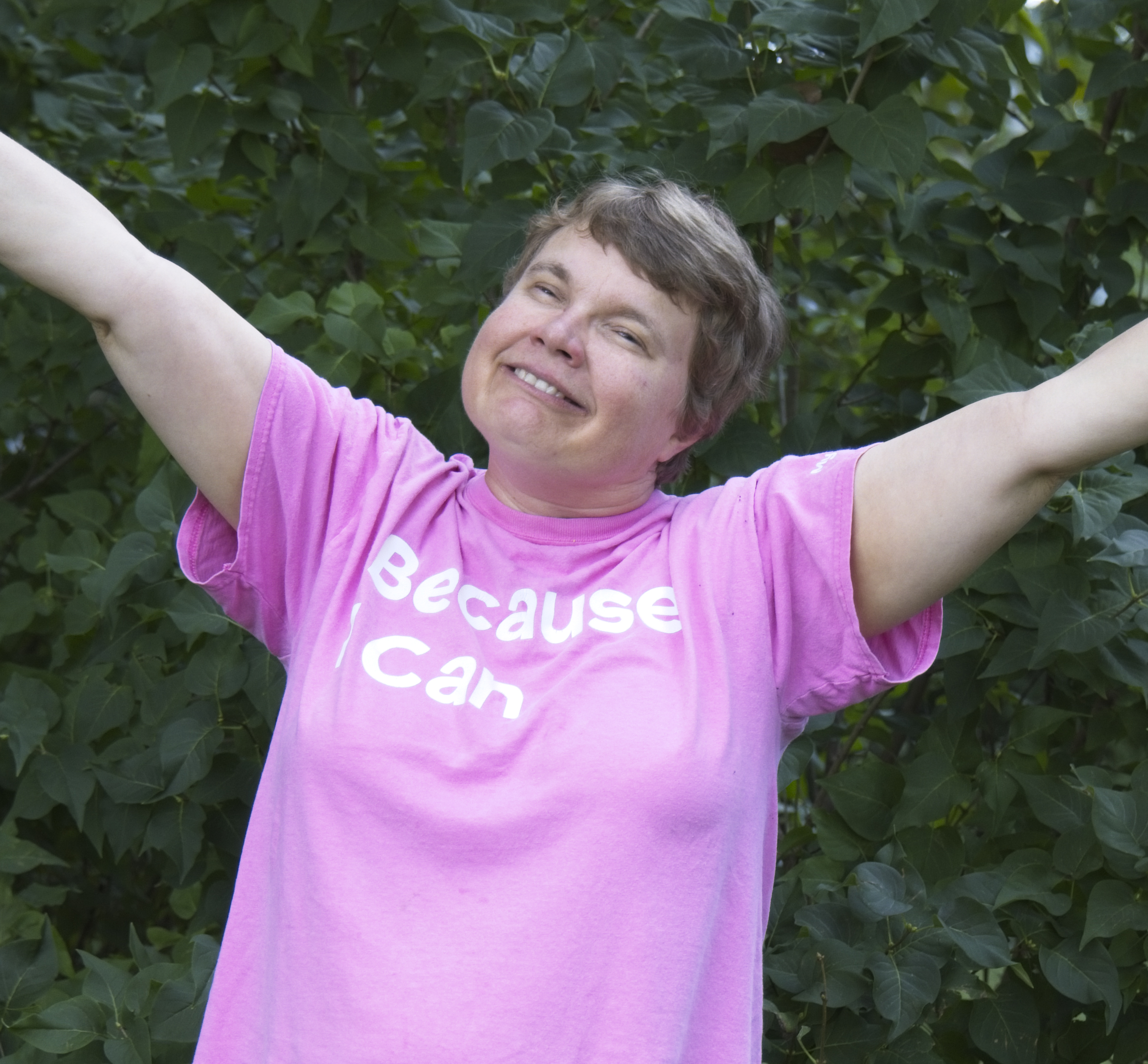
I first met Marian on Twitter. We met several years ago and she recently responded when I asked to interview people who have found help in online peer support communities.
When we talked, Marian shared her journey as a caregiver for her husband, Ed, and the support she found with an online community. The community helped her learn about her husband’s rare disease and taught her coping options. Most important, the community members offered support and caring.
Marian’s history
Marian is a patient safety advocate. Her father’s death was the result of poor care, overuse of antipsychotic drugs, and physician falsehoods. After her father died, Marian’s complaint about his treatment resulted in a change to California state law. In addition, one of his doctors was disciplined by the Medical Board of California. Her complaint against his Primary Care Doctor (PCP) was dismissed. Marian appealed, noting that someone else could be harmed if he wasn’t sanctioned. Her appeal did not succeed but several years later that doctor overdosed a patient.
Following the experience with her father’s care, she partnered with others to start the Patient Safety Action Network (PSAN), which advocates for patient safety, tort reform, and medical transparency. She was also instrumental in forming The Patient Safety League (TPSL). Marian is active in both organizations, including sitting on PSAN’s Medical Board Roundtable to monitor the activities of State Medical Boards.
Searching for information
Given her history, it is not surprising that Marian looked online for support when her husband, Ed, was diagnosed with cancer in 2018. Ed had a Gastrointestinal Stromal Tumor (GIST), which is quite rare. Her only real option for support specific to GIST was the internet. There, Marian found a community of patients and families who understood GIST. The community offered empathy and caring throughout their journey.
Caring for a loved one during the pandemic
Her husband had a very aggressive mutation of GIST and a large tumor. He joined a clinical trial but his cancer was mutating so fast the treatment protocol couldn’t keep up with it. Marian experienced all the difficulties of caring for a hospitalized spouse with a terminal illness. Starting in 2020, those difficulties were compounded by COVID-19 restrictions. Marian petitioned the hospital to be Ed’s advocate in order to be at his side. Eventually, she brought Ed home for hospice care. This enabled them to spend his last week at home in the care of Marian and their family.
Finding community
The GIST International community on Facebook was the place Marian found most helpful. The community includes both people with GIST and people who care for someone with GIST. The site moderator herself has GIST. She has survived for 20 years on a medication that, sadly, didn’t work for Ed. The moderator ensures that the group stays within its mission of providing supportive information. She acts quickly to weed out misinformation when it appears. For example, she quickly removed a post that suggested baking soda as a GIST cure.
At first, Marian joined the community hungry for information. The community helped her understand her husband’s condition and the treatment options available. As Ed became sicker, they helped with suggestions for coping with the progression of his cancer and medication side effects. Ed didn’t use the site directly, but Marian and one of her children found it helpful. They could ask questions and quickly get answers. They also received tips to ease Ed’s pain. For example, one of Ed’s medications was very hard on the mouth. Marian posted about the problem and people offered helpful suggestions including using bubblegum toothpaste, plastic spoons, and a prescription mouthwash containing Lidocaine. Although information was the main benefit, Marian also found herself turning to the site and the people on it for encouragement and support.
The community was helpful and loving to Marian and her son at each stage of Ed’s illness. Marian especially felt that love after she posted that Ed had died. She received heartfelt condolences and empathetic messages. Overall, she found the GIST community to be much more helpful and supportive than various grief groups she joined.
Giving back
Throughout her experience, Marian found it reassuring to know that she was not alone. People across the globe were struggling with GIST. Many people had the same questions and concerns as her family. Even when no one had an answer, the sense of community was helpful. It was also heartening to see the group support work despite country and language boundaries.
Marian still returns to the site regularly to share her history and knowledge. She responds to questions or offers advice if she believes she can help. She also listens to people who are struggling and offers empathy from someone who has been there. She rarely mentions that her husband died because she doesn’t want others to lose hope. People throughout the world are still trying to cope with GIST, which is still a rare and difficult disease. Marian has found that supporting people on the site as a friend and mentor has helped ease the pain of Ed’s loss.
Key Takeaways
Marian’s experience can guide those setting up health communities. They also may be helpful for people looking for an online community:
- The importance of good moderation. Watchful moderation ensures that the community doesn’t veer into medical misinformation, questionable advice, conflicts or bad behavior.
- Mixed membership model. It can be helpful to have a community where both patients and their loved ones are welcome. It also helped to have separate private spaces for patients and families.
- Caring and belonging. Like many people, Marian found it healing to find a community where she belonged. She could have honest conversations there that were difficult among friends. It was great to be in a place where people really cared about her and her husband.
- Accurate information and supportive tips. In Marian’s case, the community’s tips for living with the medication her husband took were essential. They made his last days more comfortable. Knowing she could trust the information provided also allowed her to relax into participation.
In summary, well-run online communities offer support, belonging, a place to learn about the disease, and skills for coping with illness and loss.
STAY IN THE LOOP
Subscribe for our news and updates.
Creating a sense of belonging and community is crucial and worthwhile. Learn what it means for the members brought together by Ability Online. 30 years and counting!
